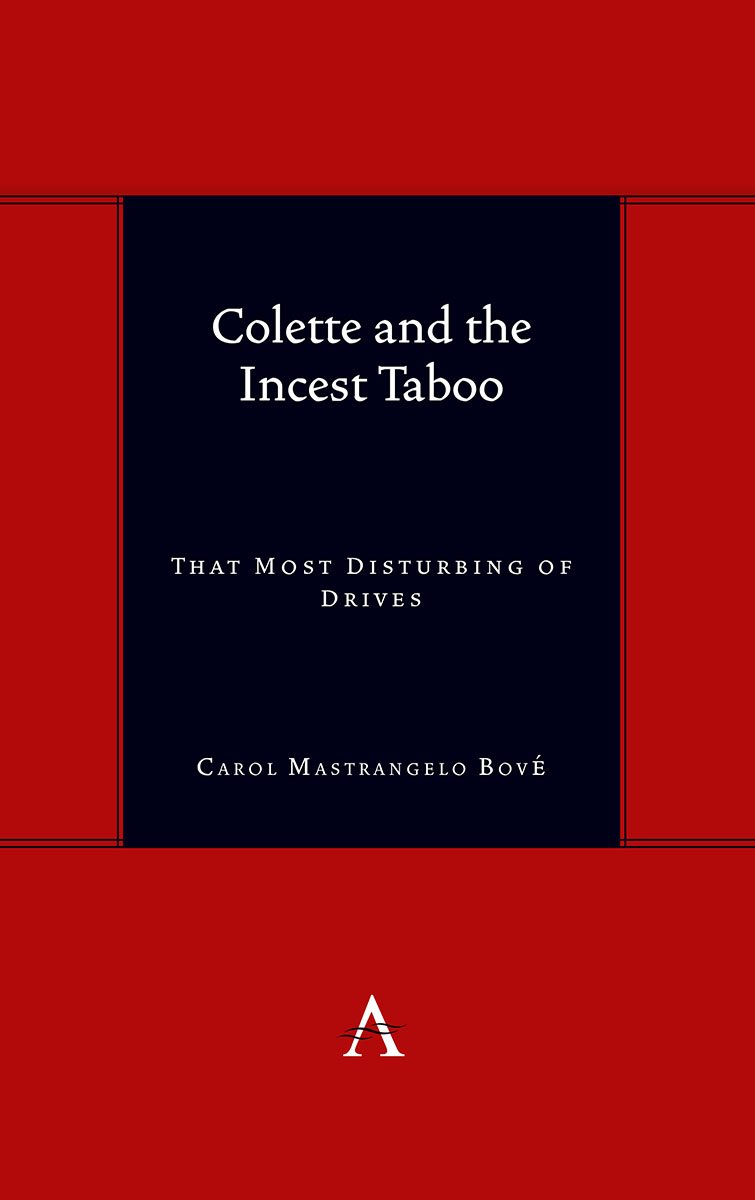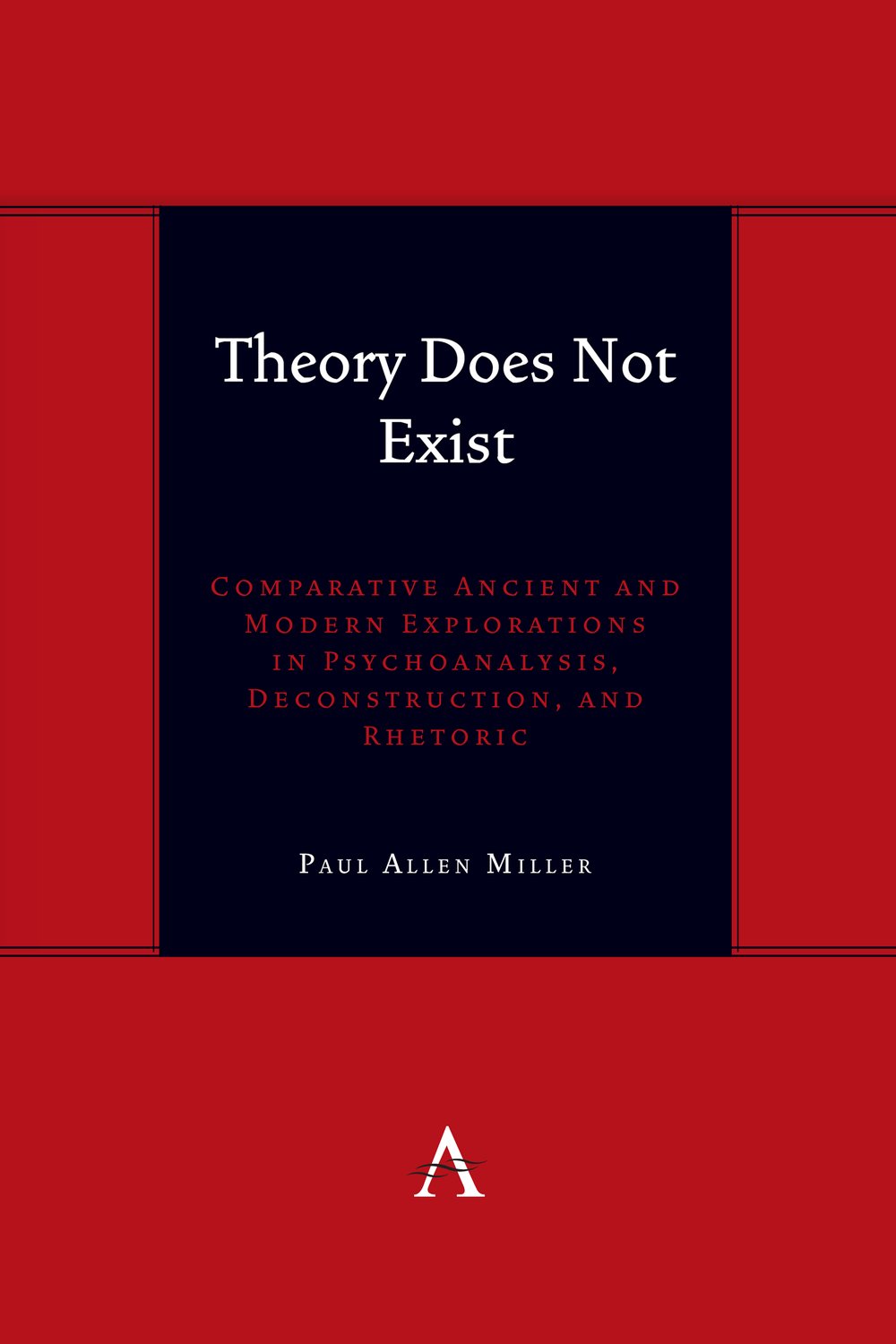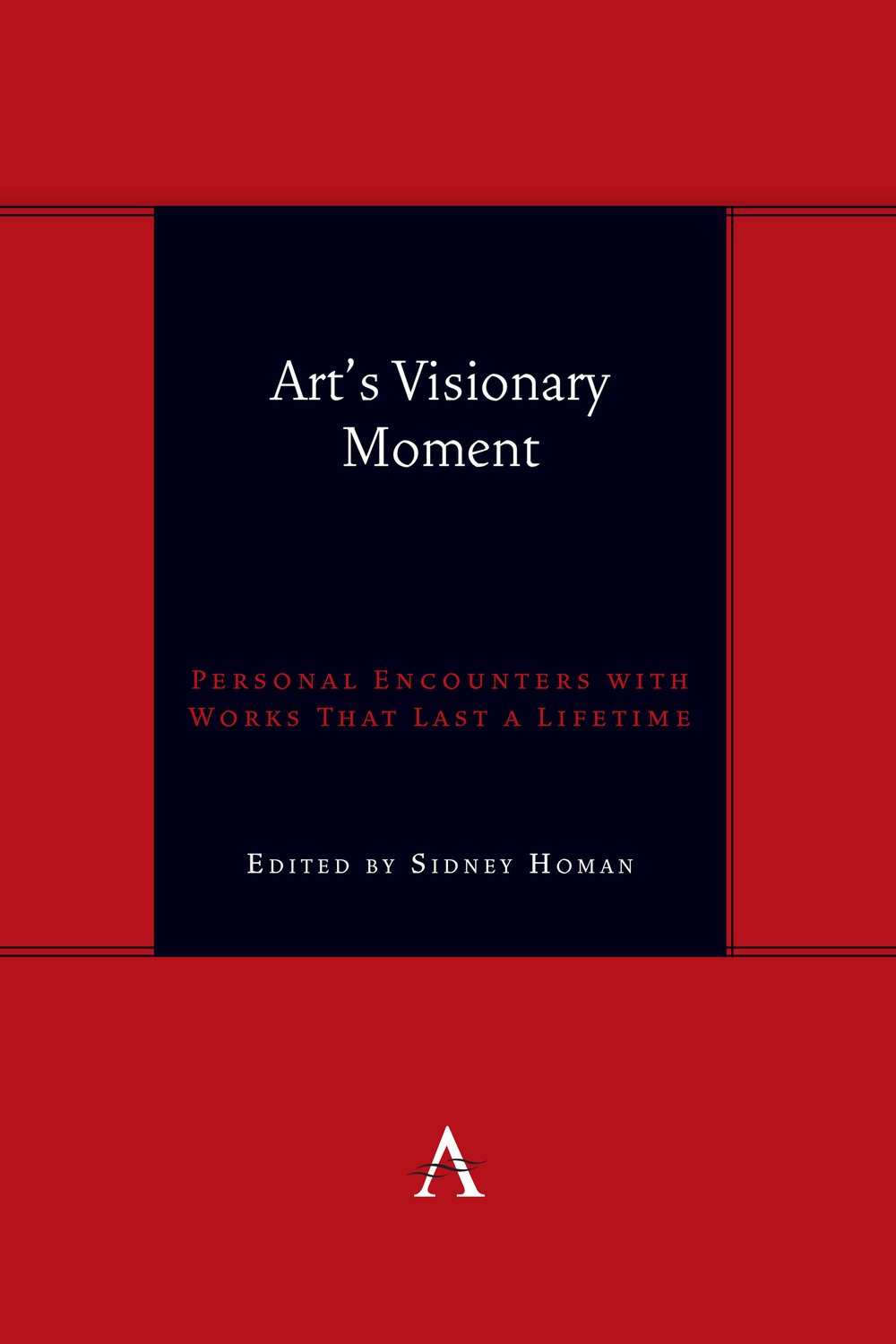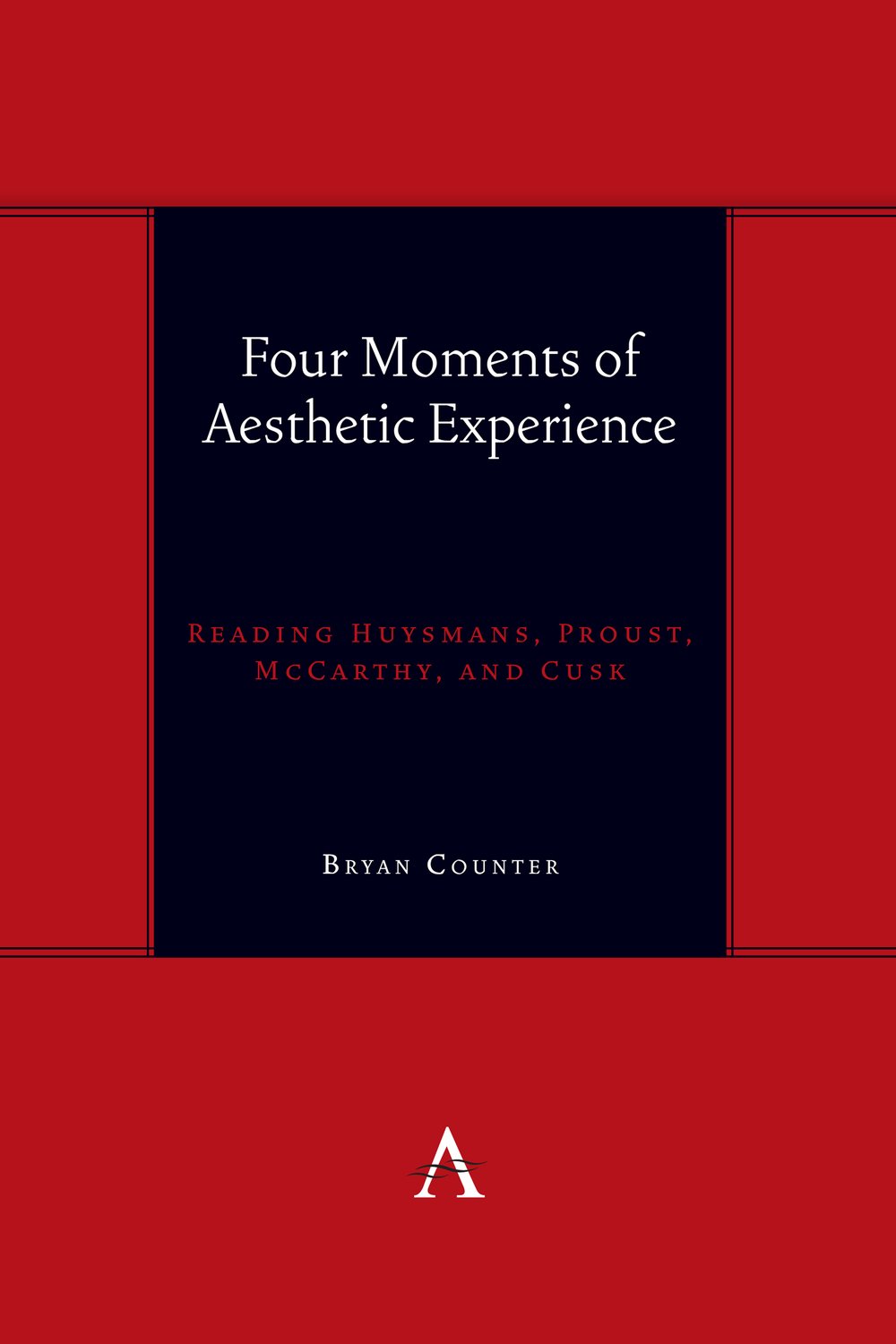From Mimetic Translation to Artistic Transduction
A Semiotic Perspective on Virginia Woolf, Hector Berlioz, and Bertolt Brecht.
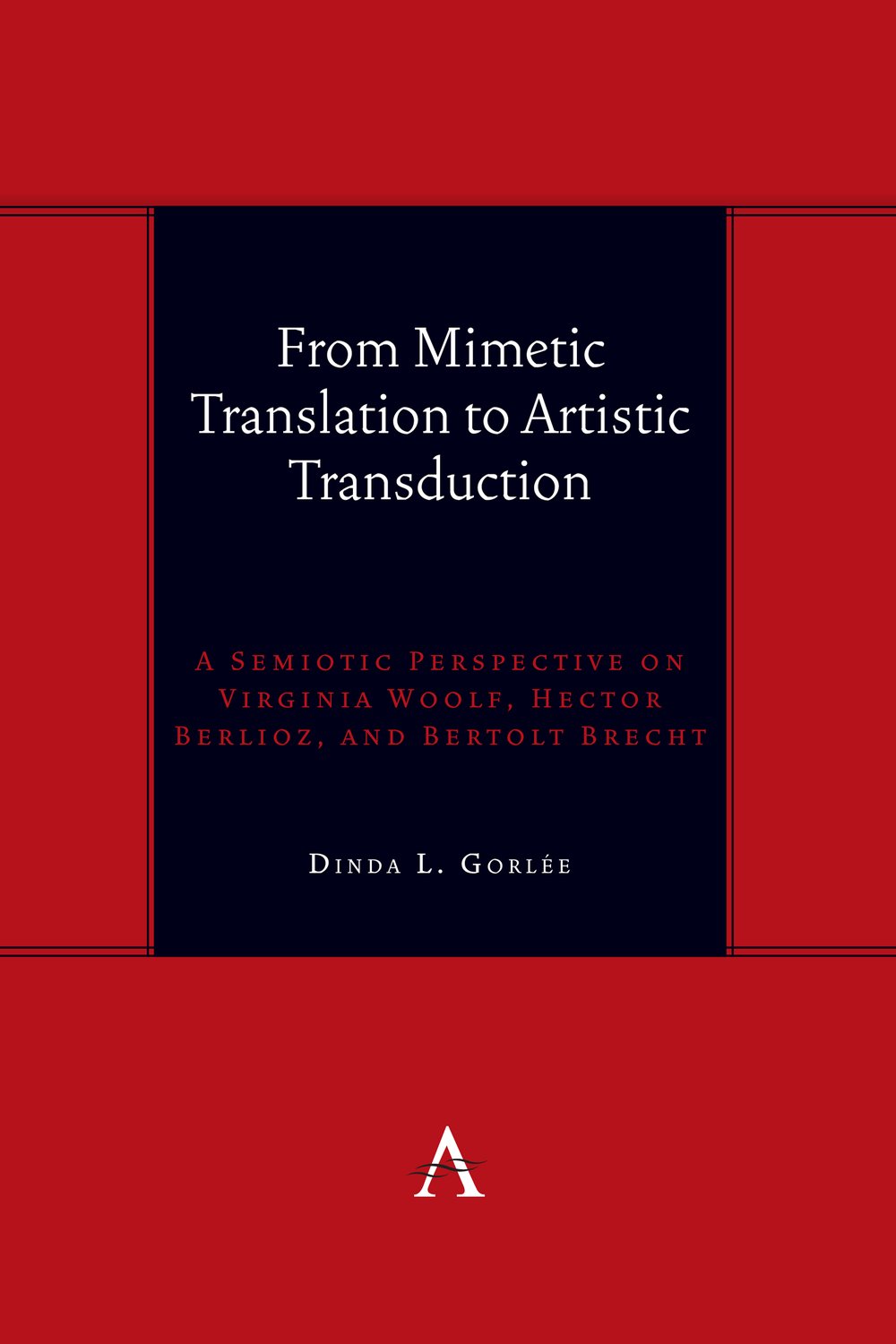
Discusses how literary translation can be retranslated into new ways of thinking about music and other arts in transduction.
Roman Jakobson gave a literary translation of the double words and concepts of poetical hyper translation. Language can transmit verbal translation to explore new ways of thinking about music and other arts. Thomas A. Sebeok deconstructed the energy of translation into the duplicated genres of artistic transduction. In semiotics, transduction is a technical expression involving music, theater, and other arts. Jakobson used Saussure’s theory to give a single meaning in a different art but with other words and sounds, later followed by Peirce’s dynamic energy with a floating sensation of the double meaning of words and concepts. For semiotician Peirce, literary translation becomes the graphical vision of ellipsis, parabole, and hyperbole. Ellipsis is illustrated by Virginia Woolf’s novel The Waves to give a political transformation of Wagner’s opera Das Rheingold. Parabole is illustrated by the two lines of thought of Hector Berlioz. He neglected his own translation of Virgil’s Aeneid, when he retranslated the vocal text to accompany the musical lyrics of his opera The Trojans. Hyperbole is demonstrated by Bertold Brecht’s auto-translation of Gay’s The Beggar’s Opera. In the cabaret theatre of The Three penny Opera, Brecht recreated his epic hyper-translation by retranslating the language of the folk speech of the German working classes with the jargon of criminal slang.

Dinda L. Gorlée works as a general linguist at the Wittgenstein Archives at the University of Bergen.

